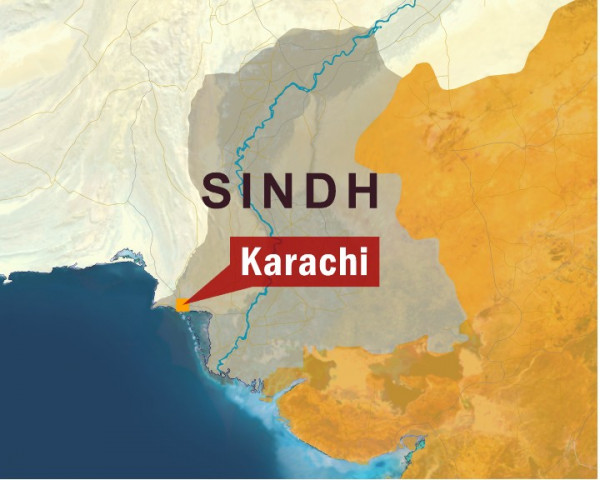Tax evasion is the moral equivalent of genocide

She was not the only one who took such drastic measures. The police call such cases suicides. I think of them as murders. One of the biggest disadvantages of living in an economy dominated by administered prices is that the blame for inflation gets misplaced, with the government catching much of the flak for rising prices.
The reality, however, is that the government is almost always reacting to market forces beyond its own control. Yet the anger of most voters over inflation is not entirely misplaced. Someone, indeed, is to blame for the sharp increases in the prices of the most basic commodities: us, the citizens of Pakistan, the overwhelming majority of whom do not pay our taxes. According to the Federal Board of Revenue, there are 2.1 million tax payers in Pakistan out of an adult population of around 72 million, meaning that less than 3per cent of adult Pakistanis pay their taxes.
This includes those people who file their taxes but lie on their returns and thus underpay their taxes. The World Bank estimated in 2007 that tax evasion costs the government of Pakistan Rs700 billion in lost revenues, a figure that has no doubt gone higher since then. Other estimates put the figure higher still.
But what does this have to do with inflation? When the government fails to collect revenues from taxes, it must turn to other sources in order to pays its bills, which are not unsubstantial and mostly necessary. Since independence, one of the biggest sources has been foreign aid. Bank borrowing is another. But those two combined usually do not come close to meeting the gap between government revenues and expenditures. And so the government simply prints money.
This has the disastrous effect of increasing the number of rupees in the economy chasing after the same number of goods. With the supply of rupees going up and demand not keeping pace, the laws of economics dictate that the price of the rupee must come down. In the international currency markets, this has resulted in the nearly uninterrupted decline in the value of the rupee against all major currencies. In the local market, where the rupee is the medium of exchange, the rupee’s value declines through a reduced purchasing power, commonly called inflation.
The constantly high inflation, coupled with consistently high government borrowing in local banks, means that interest rates in the country remain high, increasing the cost of borrowing which makes many investment projects unfeasible, slowing down economic growth. It is probably evident by now that the cycle that began with tax evasion has the effect of crippling the Pakistani economy in several ways.
So the next time we are tempted to rant about the state of the economy – the next time we search for somebody to blame for that woman who killed herself and her children and the many like her – before blaming the government, we should blame ourselves, our neighbours, our employers and the 97 per cent of us who refused to put in our fair share towards creating a civilised society. We are not just thieves: we are murderers too.



















COMMENTS
Comments are moderated and generally will be posted if they are on-topic and not abusive.
For more information, please see our Comments FAQ